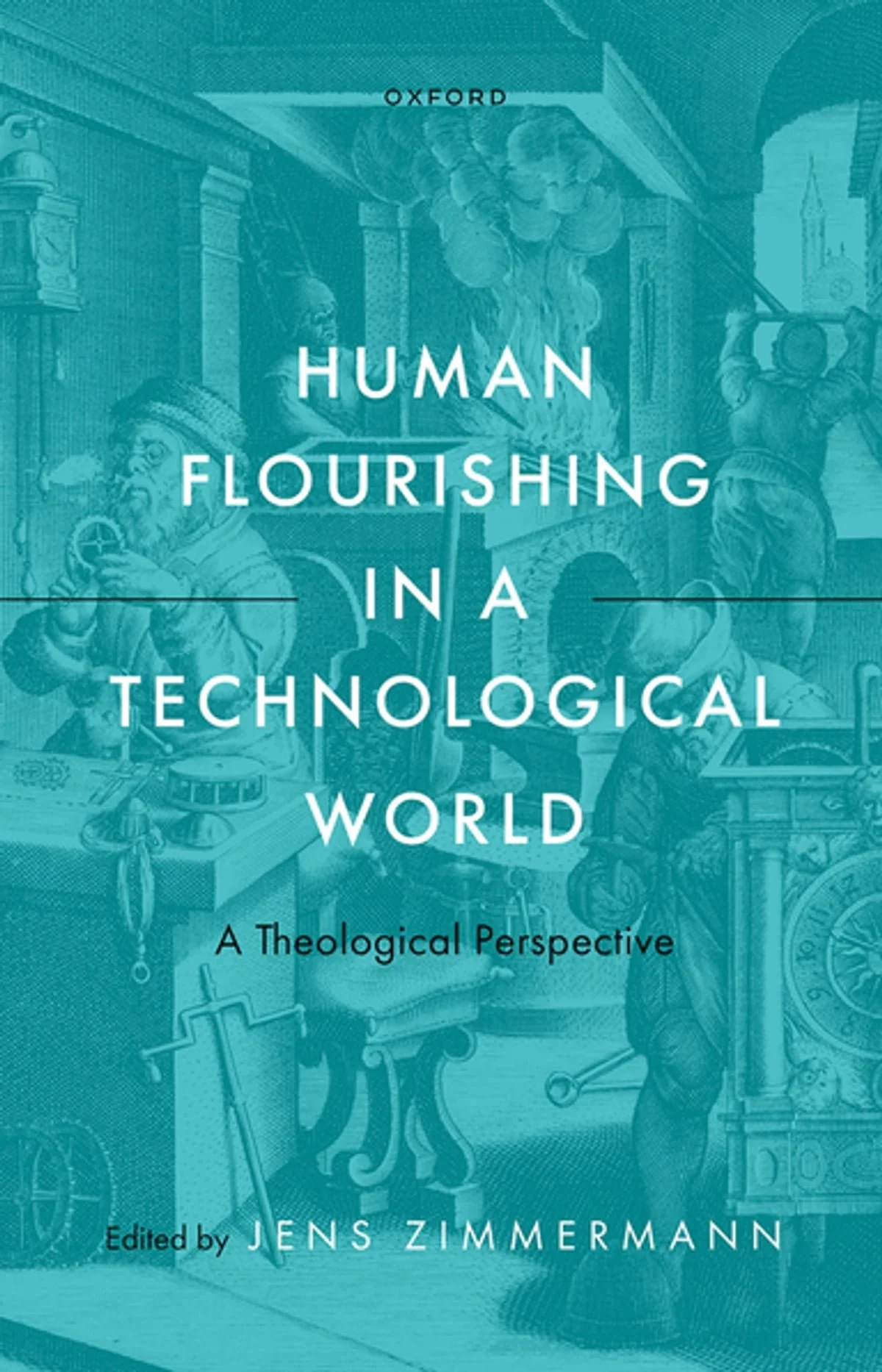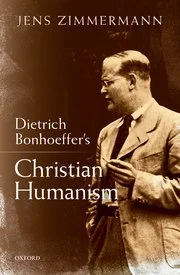Peter Lang Publishing, 2012.
Bonhoeffer’s stance on political issues has been the focus of considerable research. Insufficient attention has been given, however, to the theoretical foundations of Bonhoeffer’s political theology, that is, to the fundamental elements and concepts that shape his understanding of religion’s relation to politics. This volume aims to redress this oversight in Bonhoeffer studies. The collected essays show how Bonhoeffer’s theological core convictions resulted in assumptions about the nature and goal of politics that remain relevant for today. The contributions to this volume document the 4th International Bonhoeffer Colloquium which took place in Mainz, Germany, in 2010 and was funded by the Fritz-Thyssen-Foundation.













